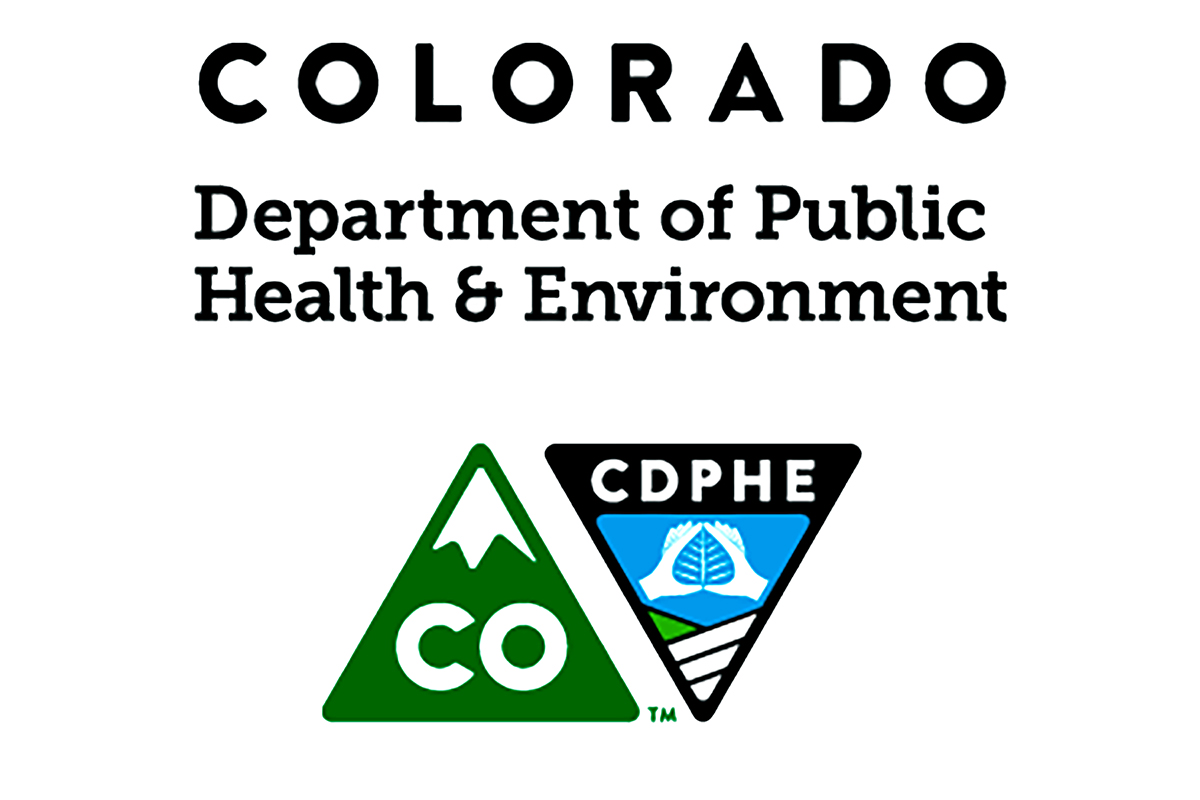State and local public health agencies along the Front Range are working to increase hepatitis A vaccination and education among high-risk populations, including people experiencing homelessness and people who use street drugs.
Eighteen cases of hepatitis A have been reported in Colorado so far in 2018, which is average. However, since Sept. 1, there have been seven cases in El Paso County.
“Widespread hepatitis A outbreaks are becoming more common in the U.S. among people who don’t have the advantages many of us have,” said Dr. Rachel Herlihy, state communicable disease epidemiologist. “Unfortunately, living in close quarters, sharing food and other items, and not having routine health care can increase disease spread. Now’s the time to increase vaccination and education among these harder-to-reach populations.”
Public health is:
- Working in El Paso County to hold free vaccination clinics for all high-risk people and provide preventive treatment to people who may have been exposed.
- Promoting hepatitis A vaccination of high-risk people statewide, including free vaccination clinics for uninsured people.
- Collaborating with agencies that serve people experiencing homelessness and people who use street drugs to increase awareness of hepatitis A prevention measures.
- Distributing health and vaccination messages to specific locations using social media and printed materials.
- Increasing guidance to health care providers on case numbers, risk factors, case reporting and vaccine information.
- Preparing for a statewide response to a larger hepatitis A outbreak, should one happen.
Hepatitis A virus is a liver infection that can be prevented with a safe, effective vaccine. It is highly contagious and can cause liver disease lasting a few weeks to a serious illness lasting months. Rarely, it causes death. Hepatitis A usually spreads when a person unknowingly ingests the virus from objects, food or drinks that are contaminated by small, undetected amounts of stool from an infected person. It also spreads through close personal contact with an infected person such as through sex or caring for someone who is ill.
To prevent future outbreaks, vaccination is recommended for:
- People who are transient or experiencing homelessness.
- People who use injection and noninjection street drugs.
- Men who have sexual contact with men.
- People who live with or have sex with someone who has hepatitis A.
The vaccine is also recommended for:
- People with chronic (lifelong) liver diseases, such as cirrhosis, hepatitis B or hepatitis C, who have a higher risk of poor outcomes if infected.
- Children, who are routinely vaccinated between 12 and 23 months of age. Older children and adolescents can get the vaccine after 23 months.
- People traveling to countries where hepatitis A is common.
- People being treated with clotting-factor concentrates.
- Adults who have not been vaccinated previously and want to be protected against hepatitis A.
Hepatitis A vaccine is available at doctor’s offices and many retail pharmacies. People can check vaccinefinder.org to find a retail location. People who need help paying for vaccinations should contact their local public health department.
Good hygiene is also important in preventing hepatitis A spread. In addition to getting vaccinated, people should:
- Wash hands with soap and water after going to the bathroom and before eating or making food.
- Avoid having sex with anyone who has hepatitis A.
- Not share towels, toothbrushes, eating utensils, food, drinks, smokes or drug “works” with others.
Symptoms of hepatitis A include yellow skin and eyes, fever, fatigue, loss of appetite, nausea, vomiting, abdominal pain, dark urine and light-colored stools. Symptoms develop between two to six weeks after an exposure, and people can spread the virus to others before symptoms appear.
In 2017, Colorado experienced an outbreak of hepatitis A. There were 63 cases, and of those, two were among people experiencing homelessness, three among people who reported injection drug use, and 20 in men who reported having sex with men.
People who have general questions about hepatitis A can call CO-Help at 303-389-1687 or 1-877-462-2911, or email them at COHELP@RMPDC.org, for answers in English and Spanish.
For more information on hepatitis A, visit the CDC website, www.colorado.gov/cdphe/cdphenews.

